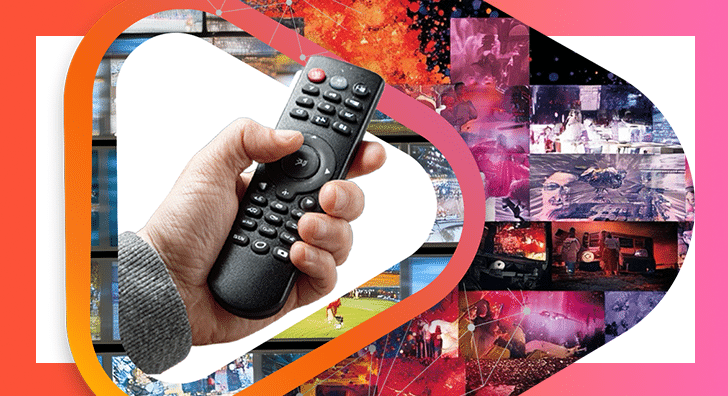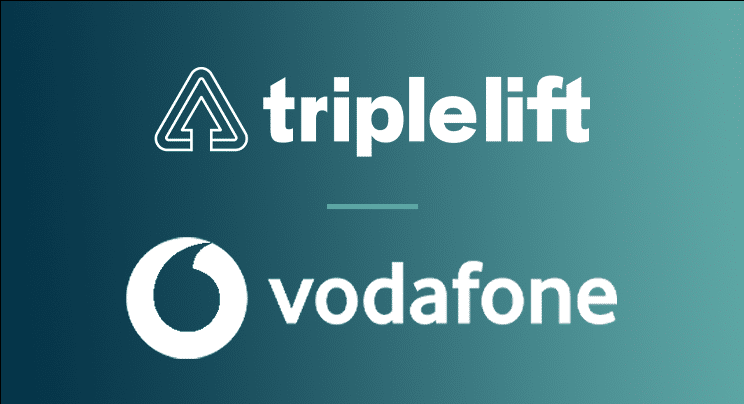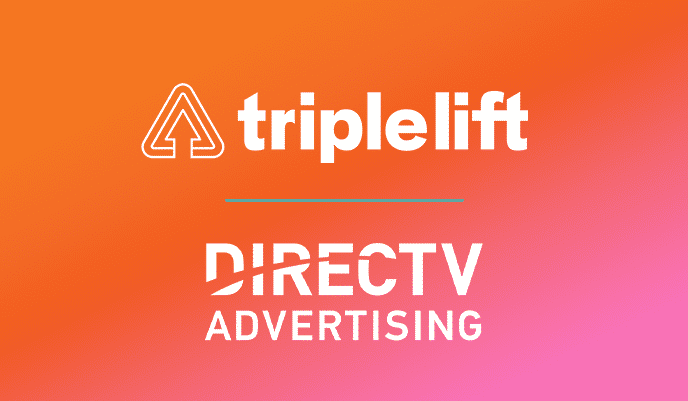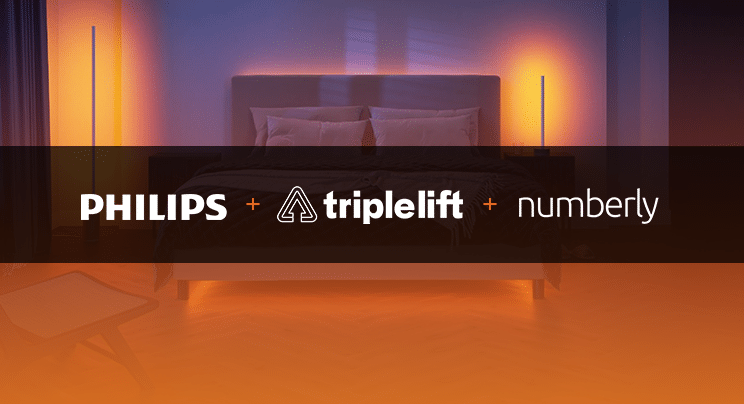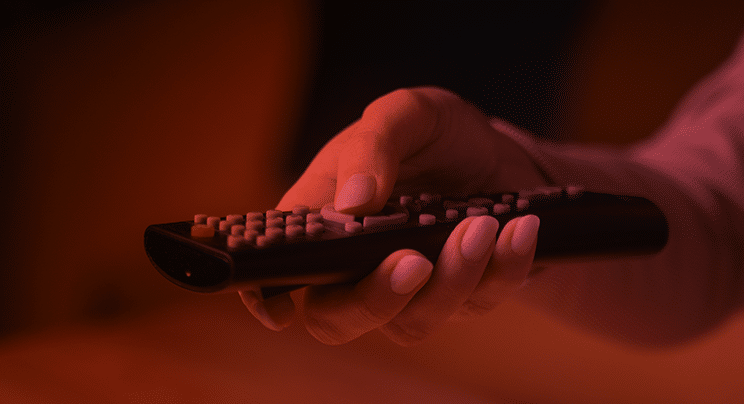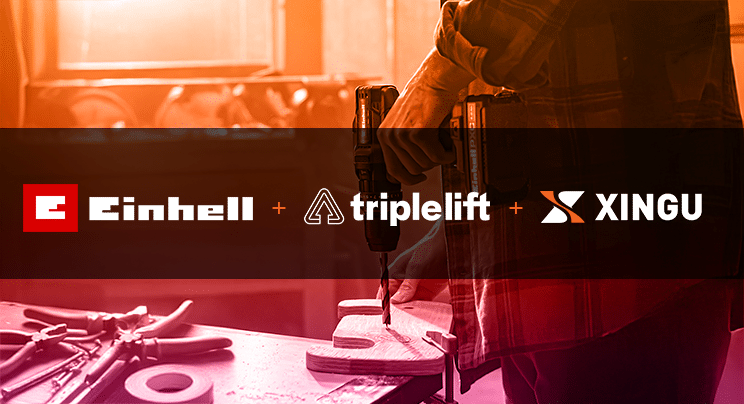Authored by: Matt Simon, Sr. Director, U.S. Sales, TripleLift
As the dust settles on one of the classic Super Bowl games, it’s not just sports fans that will be taking stock.
As one of the biggest dates in the marketer’s calendar, brands regularly spend big to catch the attention of fans globally during this unique event. Getting airtime doesn’t come cheap, however. This year saw the likes of M&Ms, Netflix, and Uber pay up to $7 million for converted TV ad slots.
But Super Bowl LVII was conspicuous not just for those who did appear on our TV screens, but also for those who didn’t. The rising cost of TV ad slots – up 25% since 2020 – coupled with economic uncertainty saw many Super Bowl staples decide against appearing on the live game broadcast.
The way fans watch these tentpole events is also changing, which may be another factor in the advertiser shift. Almost half of consumers use multiple screens to follow the big game, meaning there is more than one opportunity for brands to get in on the action. Here are some game-changing tips on how to do that.
Fast on your feet
Agility is the name of the game in unpredictable economic times. Programmatic allows marketers to be highly flexible with their campaigns, with the ability to turn them on or off, or shift spend, in real-time. This flexibility also gives advertisers the chance to test the effectiveness of their ads, tweaking messaging or creative to ensure that it achieves maximum impact and ROI.
No more Hail Marys
We need to call time on spray-and-pray advertising. With outcomes so closely tied to spend, programmatic offers an accountability that brands can use to justify their investment. As an added benefit, programmatic algorithms are constantly evolving thanks to data, allowing marketers to optimise investments based on specific KPIs.
As budgets continue to be closely watched, accountability and flexibility are the quarterbacks on any brand team planning to invest in big sporting events.
Efficiency all over the field
Programmatic buys are not limited to a single channel. While it is a mainstay in the online advertising space, its growing usage in audio, out-of-home, and CTV applications also allows marketers to run effective omnichannel campaigns.
Through video, audiences can be reached across a range of channels and formats, with consistent messaging. It also helps you stay within the eyeline of consumers as they flit between devices and environments. Even if a brand has already bought its TV slot, marketers can use the power of programmatic to re-engage viewers or supplement TV creative with custom messaging across other devices and formats. Our research shows that a native video ad with custom call-to-action has 3X higher CTR than those without.
Never break a sweat
What could $7 million get you? A 30-second ad at the Super Bowl. But any brand, regardless of the budget, can tap into billions of high-quality impressions across a range of environments, thanks to programmatic. While a traditional TV ad slot carries with it a certain amount of cache and influence, programmatic can help brands to reach an even wider audience.
Whether fans were tuned in to cheer on the Eagles or the Chiefs, or simply to watch Rihanna’s half-time show, there is no denying the gravitational pull of the Super Bowl. And for live sporting events both big and small, brands can harness programmatic to provide a cost-effective and highly targeted tool to engage watchers across multiple video environments.
From the first kick to the final touchdown, TripleLift can help you power your Super Bowl with online video all year round.
